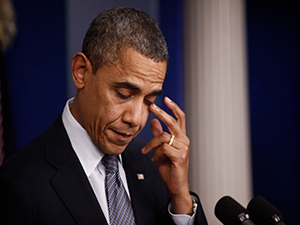 When confronting a big problem, President General of the Army Dwight Eisenhower believed that the best solution could be found by making the problem bigger. What he meant was that in moving from, in military terms, a tactical to a strategic solution the latter would resolve the former. This is what President Barack Obama must do as he confronts a world of volatility and uncertainty perhaps unlike any other period in memory. In fact, today could be an inflection point as great or greater than the end of the Cold War or September 11th.
When confronting a big problem, President General of the Army Dwight Eisenhower believed that the best solution could be found by making the problem bigger. What he meant was that in moving from, in military terms, a tactical to a strategic solution the latter would resolve the former. This is what President Barack Obama must do as he confronts a world of volatility and uncertainty perhaps unlike any other period in memory. In fact, today could be an inflection point as great or greater than the end of the Cold War or September 11th.
The president’s strategic approach is cautious and restrained yet uses often-excessive rhetoric such as announcing a “strategic pivot to Asia,” drawing “red lines” in Syria or “destroying the Islamic State (IS)” without any real follow through. Thus, in light of the many concurrent crises confronting the world, how might the Eisenhower solution apply?
Clearly, the air attacks against IS and other terrorist groups in Syria currently fill the headlines. But the situation in Ukraine and the recent NATO summit that promised action cannot be ignored. Nor can the change of government in Afghanistan along with worsening instability in Pakistan that could spill over to India be deferred for too long.
Regarding IS, using Ike’s wisdom here are four big ideas. Only can the regional states banding together can defeat IS and contain violent and radicalized Islamists. That requires fashioning a de facto alliance of sorts, roughly akin to NATO. Saudi Arabia, Jordan, UAE, Qatar and Bahrain are central and Iraq is crucial. The beginnings of such a confederation were apparent in the strikes into Syria. But so is Egypt vital and Turkey—although that is a very long shot. The U.S. must turn this beginning into a full-fledged consortium against IS.
Second, a new Marshall Plan is needed for the region. The energy rich Gulf states can well afford funding such an effort to relieve many of the economic factors that drive desperate people to support radicals.
Third, a rapprochement or at least truce between Saudi Arabia and Iran must take place. Interestingly, before 1979, Saudi Arabia and Iran were the two pillars of U.S. policy in the Gulf against Soviet aggression. The now famous Sunni-Shia split had not metastasized. IS and perverted Islam are at least approaching the Soviet Union as a threat to both states. That must be the basis for improving relations.
Fourth, there needs to be a counter-narrative to combat IS’s ideology. A decade ago, the Department of Defense Science Board warned then Secretary Donald Rumsfeld that the only way to win the war against terror was to win the war of ideas. And the board concluded the U.S. “was losing the war of ideas.” This cannot be allowed to happen again.
Regarding NATO and Ukraine, two big ideas apply. Because of the pivot to Asia, the White House has undervalued the geostrategic and economic importance of Europe. To correct that perception, the current drawdown of U.S. forces from Europe must be frozen until such time that the Ukraine crisis is resolved. Second, as the Carter administration did in the late 1970’s, the White House needs to appoint a special envoy to NATO whose principal responsibility here would be to coordinate support for NATO and to ensure follow-up and the initiatives agreed upon at the Wales summit by the U.S. are carried out. With so many other crises in play, NATO needs reinforcement.
In South Asia, the wild card is the growing nuclear competition between India and Pakistan. Pakistan is increasing its armaments to counter New Delhi’s so called “cold start” military strategy to overwhelm Pakistan’s defenses with a swift military offensive. India denies this strategy.
What is needed now are bi or multi-lateral negotiations on nuclear arms to build confidence and indeed to prevent any escalation that could lead to use of these weapons. But the only way this can happen leads to a final big idea.
The time is long overdue for a summit of the American, Chinese and Russian presidents. The forcing factors are a combination of the threat of radical Islam; instability in South Asia that could lead to nuclear war; Ukraine and the international volatility that could produce an economic meltdown. Subsumed of course is mitigating the Saudi-Iranian conflict and assuring Iran foregoes nuclear weapons.
Such a meeting, if it is to succeed, will require compromise. And domestic politics in each state can preclude compromise. A chilling reminder is that World War I started a century ago or many wrong reasons. Another world war is not likely. But global instability is. Follow Ike’s guidance: to solve these problems, expand them. And have the courage to try.

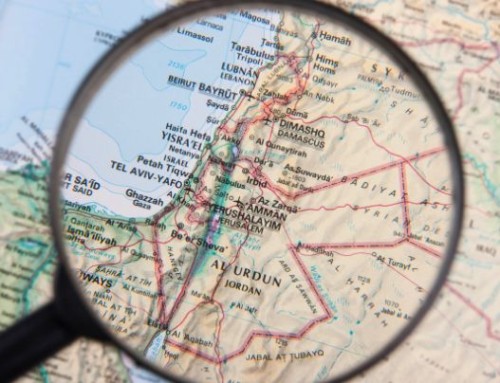
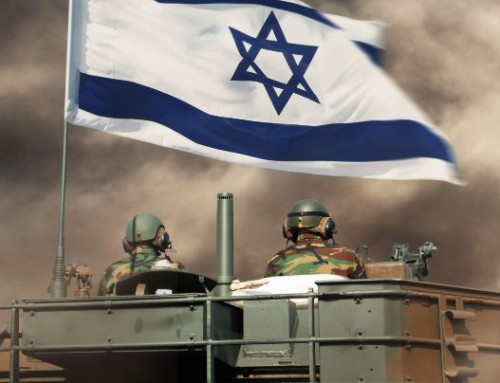
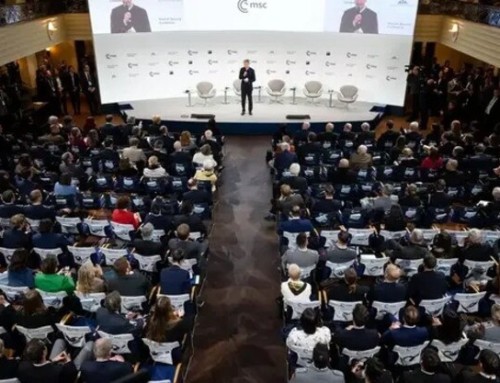
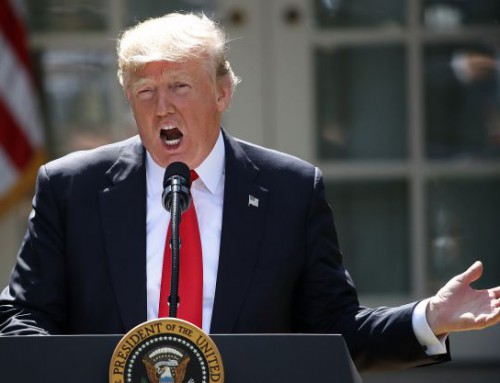
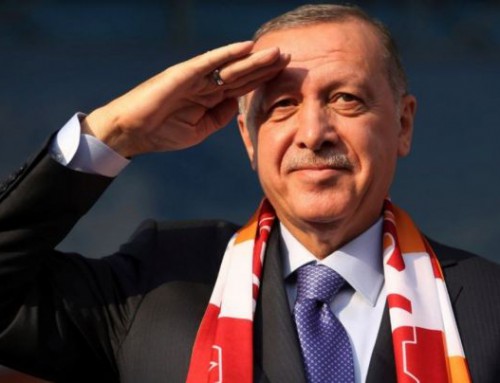
Leave A Comment